The Russian embassy has released a statement on the White House's retaliatory sanctions for what intelligence communities believe was Russia's use of chemical weapons against former Russian spy Sergei Skripal and his daughter earlier this year.
Skripal, who acted as a double agent for UK intelligence agencies in the 1990's, was found slumped on a bench with his daughter, Yulia Skripal, in Salisbury, England this past March. The two were in critical condition after being attacked with the nerve agent novichok, which was developed in Russia between the 1970's and 1990's. The sanctions will limit exports of goods and technology to the country, while broader sanctions could come in about three months.
The Russian embassy has continued to deny any involvement:
https://www.facebook.com/RusEmbUSA/photos/a.493759737501088.1073741828.487645188112543/854765134733878/?type=3&theater
The White House's position falls in line with that of British detectives and government officials who have determined that the perpetrators were most likely Russian agents. One UK official close to the investigation said:
Investigators believe they have identified the suspected perpetrators of the novichok attack through CCTV and have cross-checked this with records of people who entered the country around that time. They are sure [the suspects] are Russian.
CNN Chief National Security Correspondent Jim Sciutto pointed out that the White House's sanctions are mandated under a 1991 law and that, if anything the sanctions came too late.
He also warned that harsher sanctions could still be coming if Russia doesn't comply with demands to cease the use of chemical weapons.
Russia's deadline to do so falls on an already crucial date:
Though Russia's meddling in the 2016 election may seem like a completely separate incident, the two are more intertwined than some might think.
According to the New York Times, investigators believe that the attack was not only carried out by Russian agents, but agents of Russia's largest intelligence agency: The G.R.U.
Twelve G.R.U. agents were indicted by Special Counsel Robert Mueller for conducting continued cyber attacks in an effort to meddle with the 2016 election.
The novichok attack and the attacks on democracies are seen by many as escalating efforts to destabilize Western nations.
While sanctions against foreign governments using nerve gas are required, so are the broader sanctions that are mandated if Russia cannot prove its retirement of chemical weapons. If the Russian government can't provide this proof, it is likely that flights between Russia and the United States will no longer be available, as well as other sweeping measures.

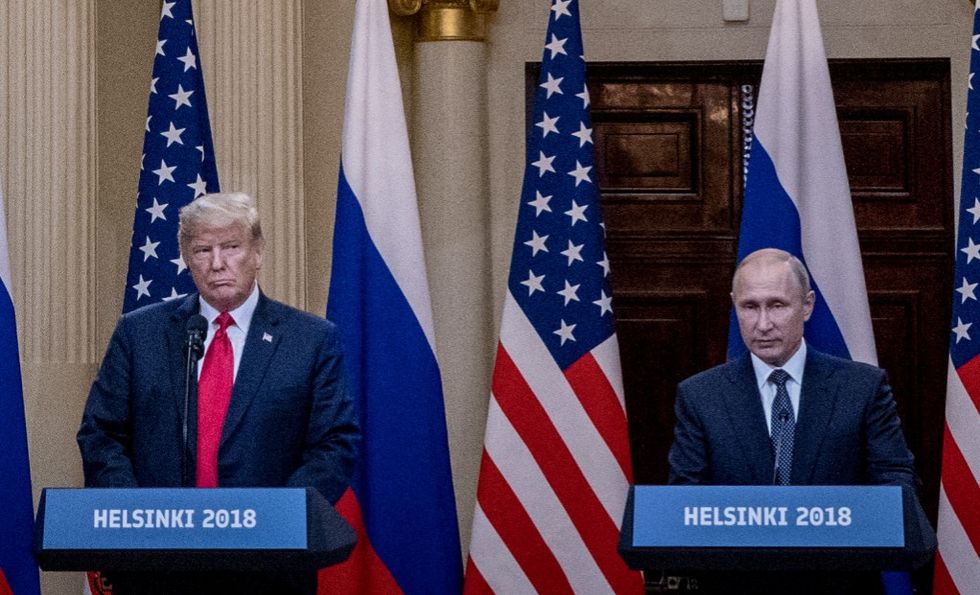


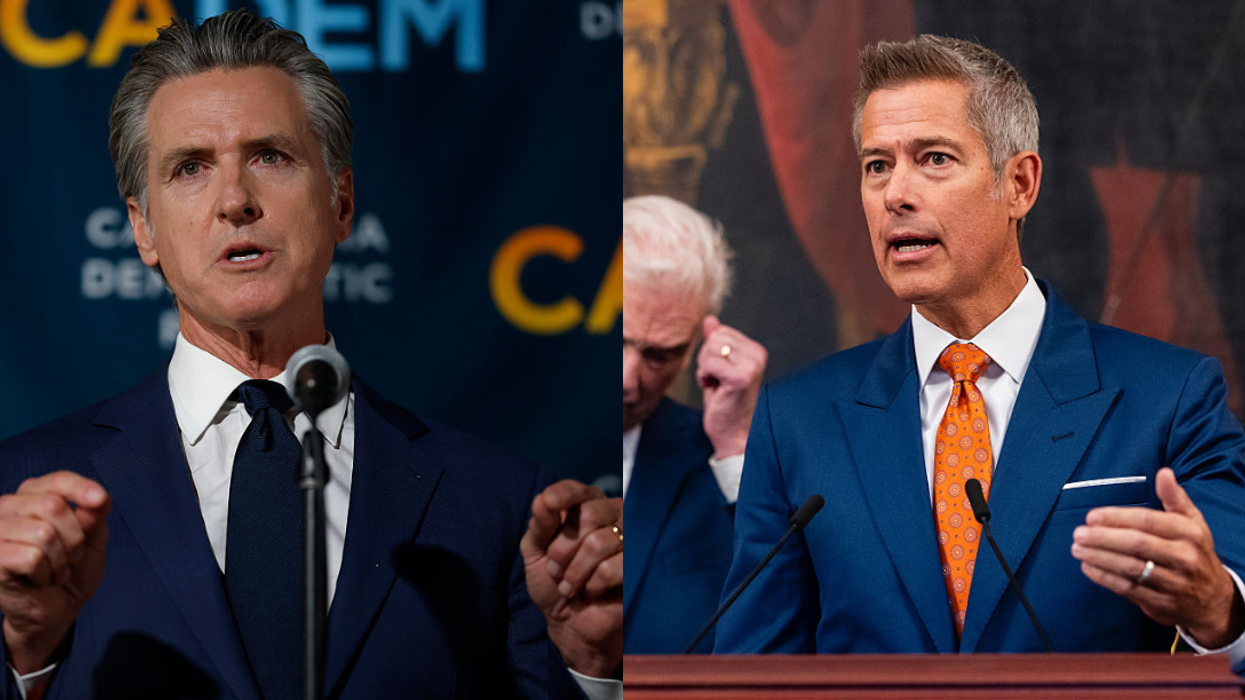

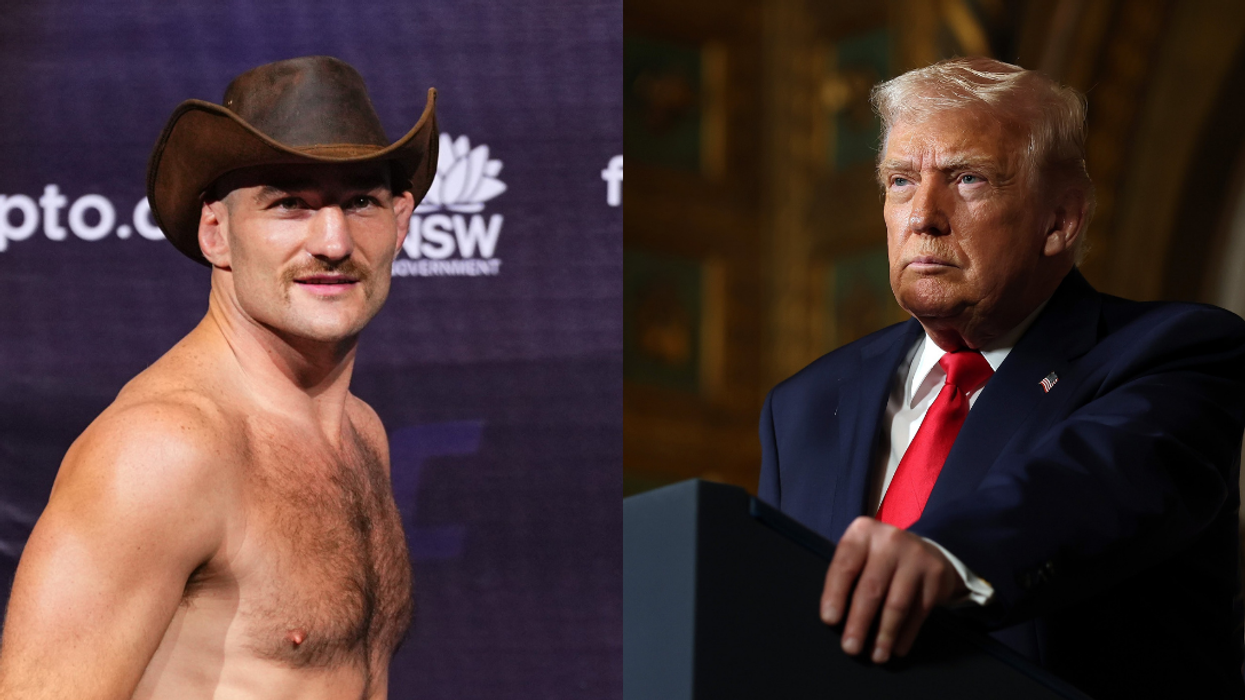


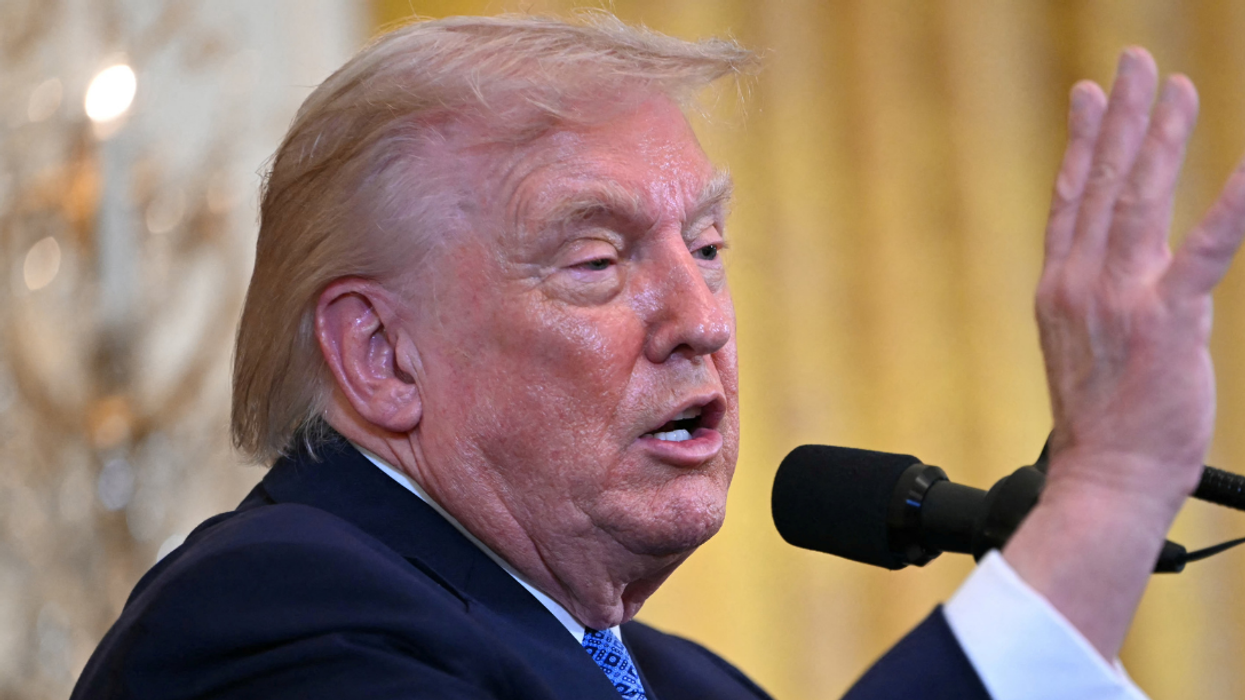
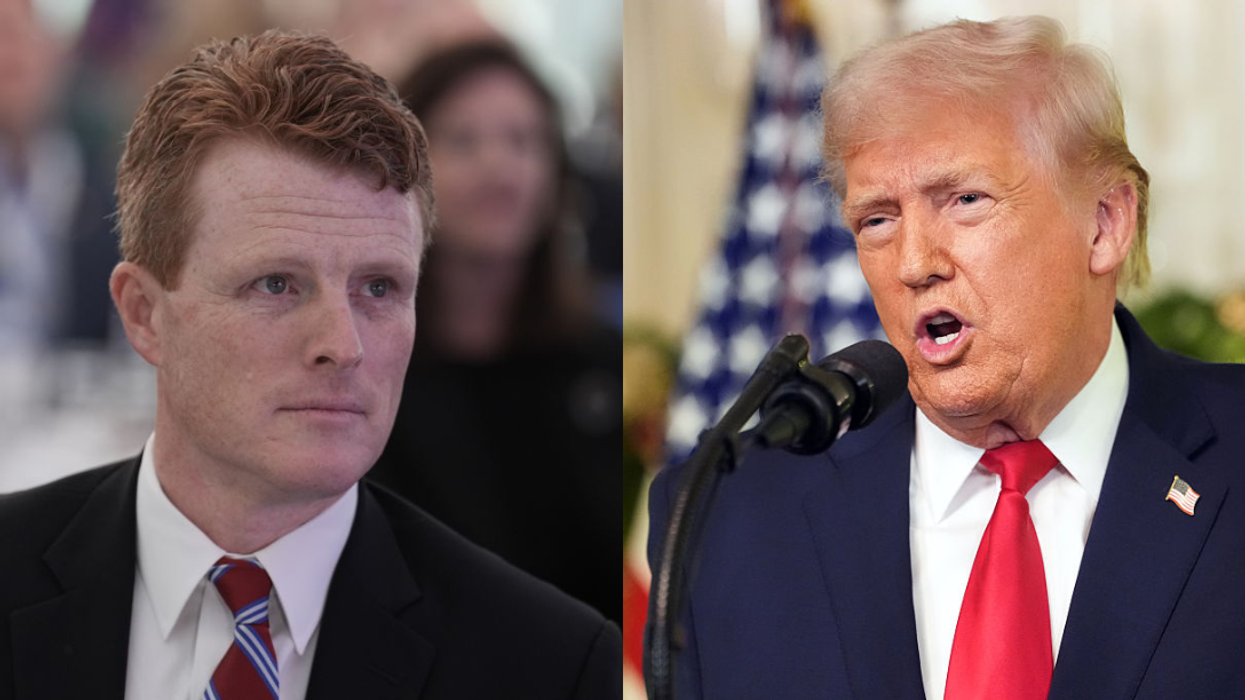
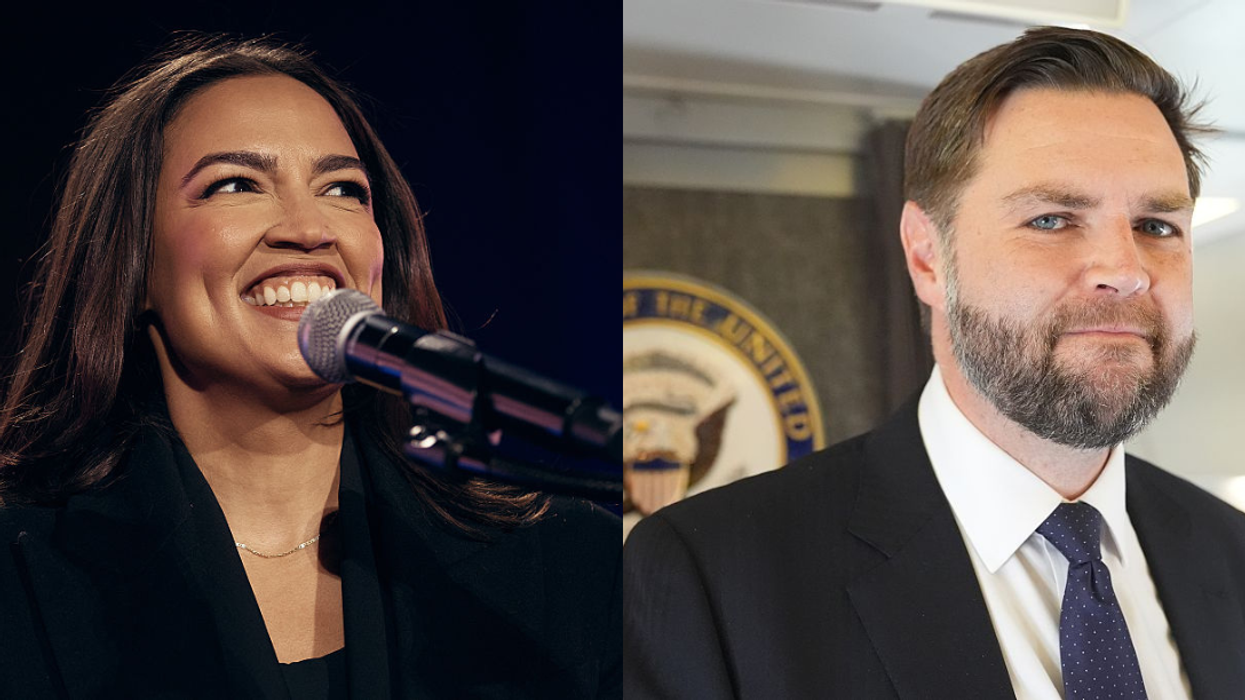
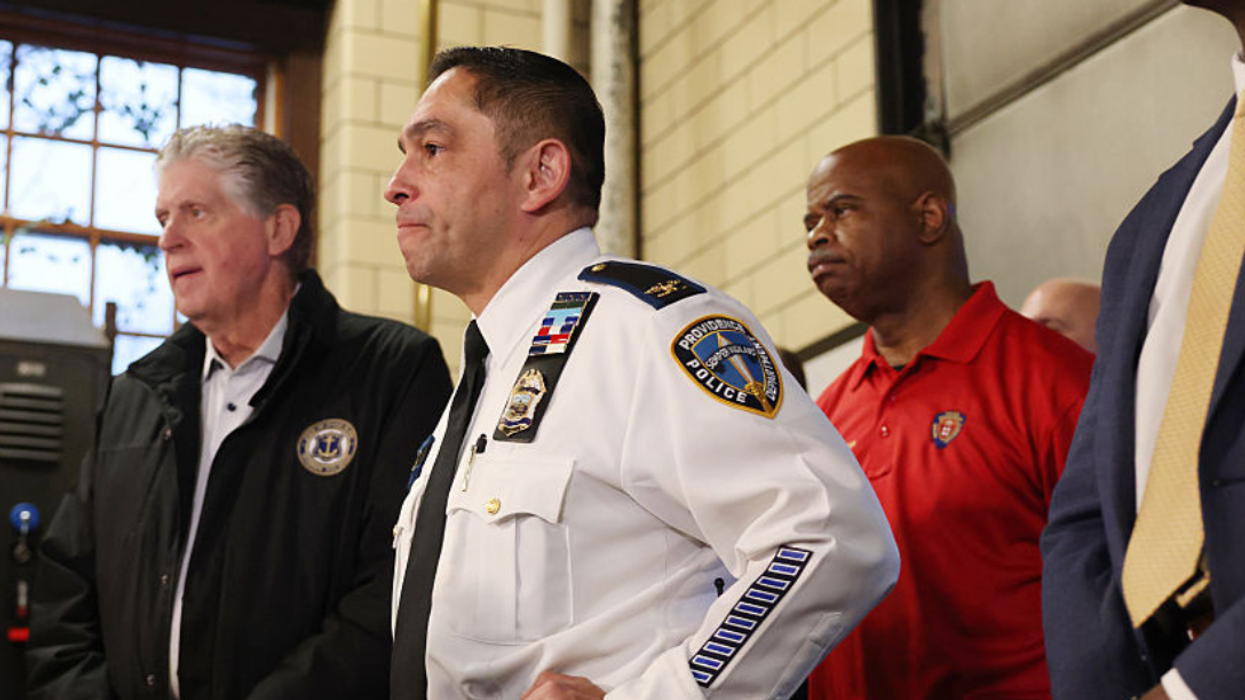

 Hide Blanket GIF by Instanietje
Hide Blanket GIF by Instanietje  Foam Reaction GIF
Foam Reaction GIF  Mental Health Therapy GIF by All Better
Mental Health Therapy GIF by All Better 

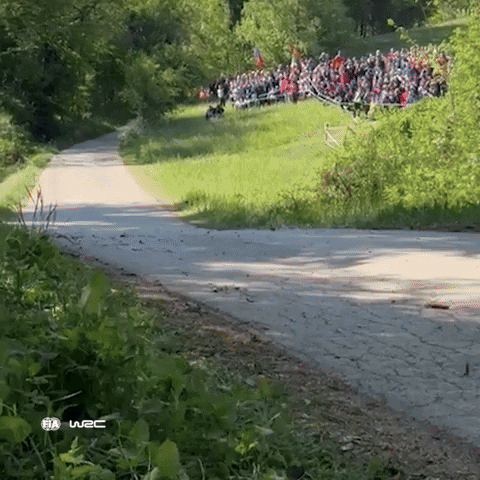 Friday Driving GIF by FIA World Rally Championship
Friday Driving GIF by FIA World Rally Championship 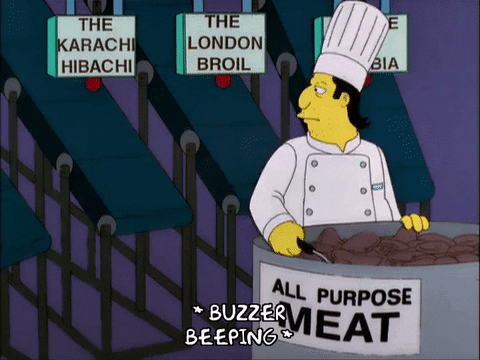 episode 11 bad food GIF
episode 11 bad food GIF 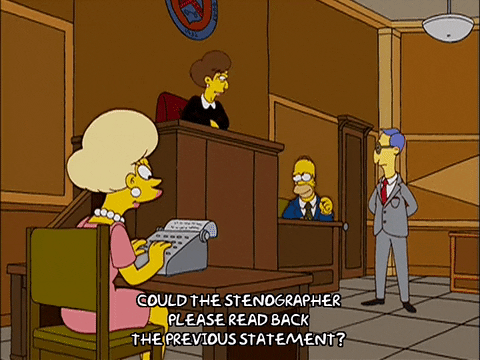 talking homer simpson GIF
talking homer simpson GIF 
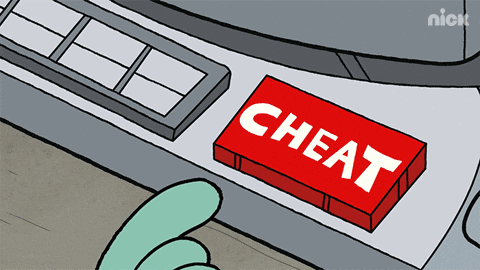 Cartoons Button GIF by Nickelodeon
Cartoons Button GIF by Nickelodeon 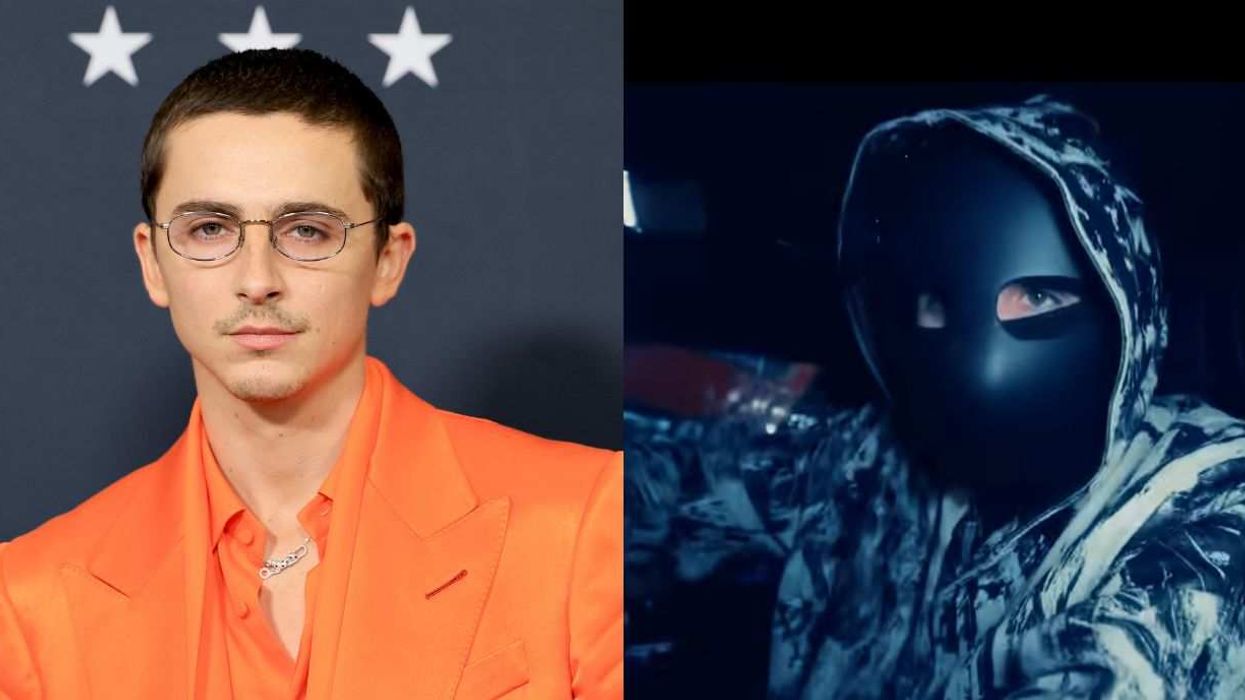
 @DanTML_/YouTube
@DanTML_/YouTube @voeqx7894/YouTube
@voeqx7894/YouTube @hendrxx9593/YouTube
@hendrxx9593/YouTube @anakinskywalker8877/YouTube
@anakinskywalker8877/YouTube @getshiddonn/YouTube
@getshiddonn/YouTube @sachmanyo/YouTube
@sachmanyo/YouTube